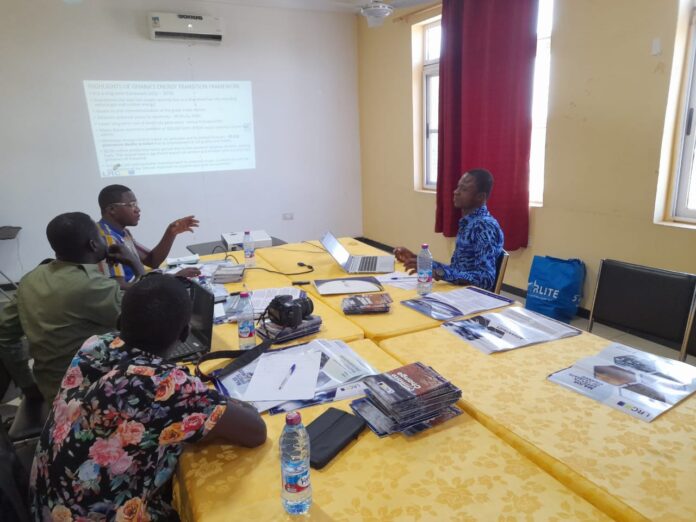
Following the launch of the Ghana Energy Transition Framework in 2022, Ghana seeks to transition to clean energy which will trigger a major shift from the use of fossil fuel to the use of renewable and clean energy by 2070
The purpose of Ghana’s Energy Transition Framework is to decarbonize the energy sector, complement existing efforts with new measures, such as increased renewable energy penetration, conversion of thermal plants to natural gas, and the integration of nuclear power into the energy mix and serve as a blueprint for transforming Ghana into climate-resilient low-carbon energy.
Targets for achievement are spread over five decades with the country seeking to by 2030, achieve new sales of household gadgets being the best in class, and 95% electricity coverage, among others, and by 2040, the country hopes to upscale nuclear power in the electricity generation mix, phase out off-road fossil fuels engines and fossil liquid fuel electricity.
By 2070 which would have marked five decades of implementation, the country targets more than 70% of rural households to use LPG for cooking, more than 98% of all appliances and cooling systems are best in class, all road and rail mobilities are electricity and hydrogen-fueled, net-zero emission in electricity generation in the mid-60s and 20% of electricity generation capacity is renewable energy.
It is on this score that the Legal Resources Centre with support from the Africa Centre for Energy Policy is engaging various stakeholders including the media on the transition framework.
Engaging selected media in Bolgatanga, a programme officer with the Legal Resources Center, Enock Jengre, believes fossil fuel in its energy mix is expensive.
He noted that a successful conversion to renewable energy will protect the environment and reduce the impact of fossil fuel.
According to him, the Upper East Region is a good case for the implementation of renewable energy.
“When you look at climate change and the National Energy Transition Framework, what this project is looking at is how we can make citizens aware and their support to help the government to achieve its targets. Ghana now uses fossil fuel which is very expensive in its energy mix. If you look at the Upper East Region, converting to solar will benefit the entire region and country.” He noted.
He, therefore, called on Ghanaians to pay attention to indicators of energy conservation when purchasing household gadgets.
Mr. Jengre is hoping that the government will institute a subsidy Program to make electric vehicles affordable.
Source: https://www.dreamzfmonline.com/news/ghana-targets-major-shift-to-clean-energy-over-next-five-decades/index.html





